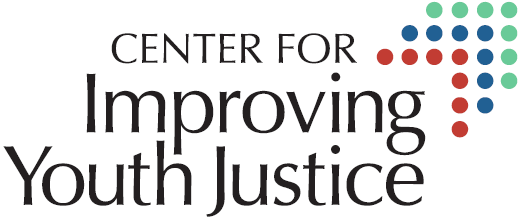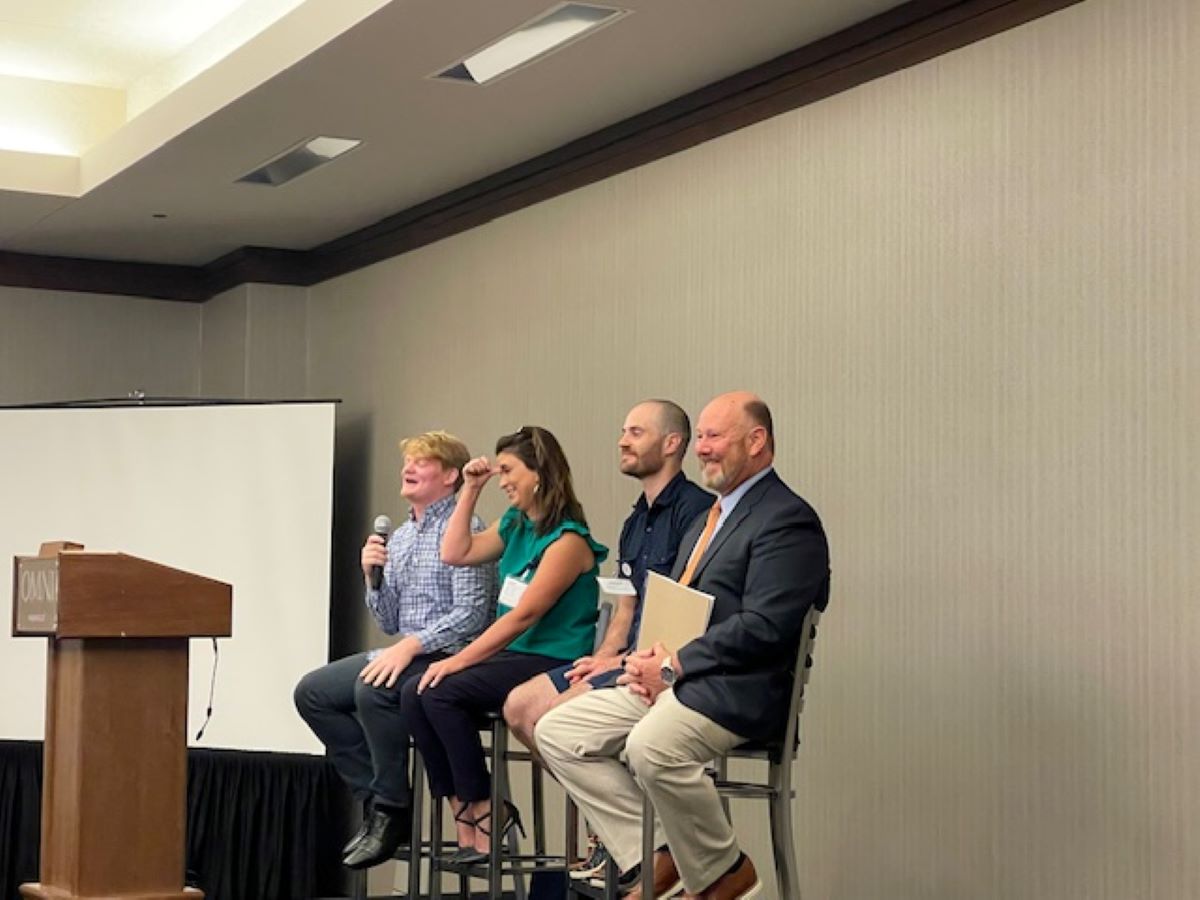One young man’s determination to go to college led to the creation of a whole new way of thinking about reentry services for the Alabama Department of Youth Services (DYS.)
According to state statute, the agency is responsible only for the state’s commitment to facilities and services for young people in their custody. Community supervision – probation, parole and aftercare is the responsibility of the counties, as is common in many states.
But Dalton B., a winner of the 2024 Center for Improving Youth Justice (CIYJ) J. Russell “Russ” Jennings Scholarship Award, and DYS leaders, including Director Stephen LaFreniere and Executive Assistant to the Director and Director of Quality Assurance Shannon Weston, PhD, changed that.
“We had dedicated people, working together, according to a plan,” LaFreniere explained at a recent CIYJ Agency Coordinators Training presentation. They used the CIYJ Reentry Standards to compare their services to the guiding principles and practice standards developed as part of a grant from the Office of Juvenile Justice and Delinquency Prevention (OJJDP), Office of Justice Programs, US Department of Justice. They used the standards to create the expectation that reentry or transition services were something DYS’ provides. Planning for a young person’s release starts the first day a young person is placed in a facility. DYS will create a path for each young person placed in its care that includes education, jobs, housing and connection to family and community.
Dalton’s commitment to DYS ended in April on his 21st birthday. He had secured housing at college, which started in August. DYS and CIYJ collaborated to provide the support he needed during those four months – CIYJ’s Mentor Stephen Kaplan met him as he walked out of the facility, the CIYJ Education and Employment Foundation supported temporary housing, and DYS provided employment and assistance with basic necessities such as getting his driver’s license and a car.
The gap in support led DYS to create an honors dorm within the facility and a transitional group home in the community to provide young people leaving with opportunities to experience and practice independent living. Dalton and other young people with lived experience describe the difficulties of transitioning from living in a secure facility with a daily schedule, meals provided and little opportunity to test life skills. DYS asked Dalton to draft the plan for the group home, and they are working together to open it in October.
“Every child needs to hear they can do good,” Dalton said. “I didn’t get that. I thought I’d end up in prison or die.” He thanked the DYS staff for being his family and for continually supporting him, encouraging him and pushing him to keep going.

